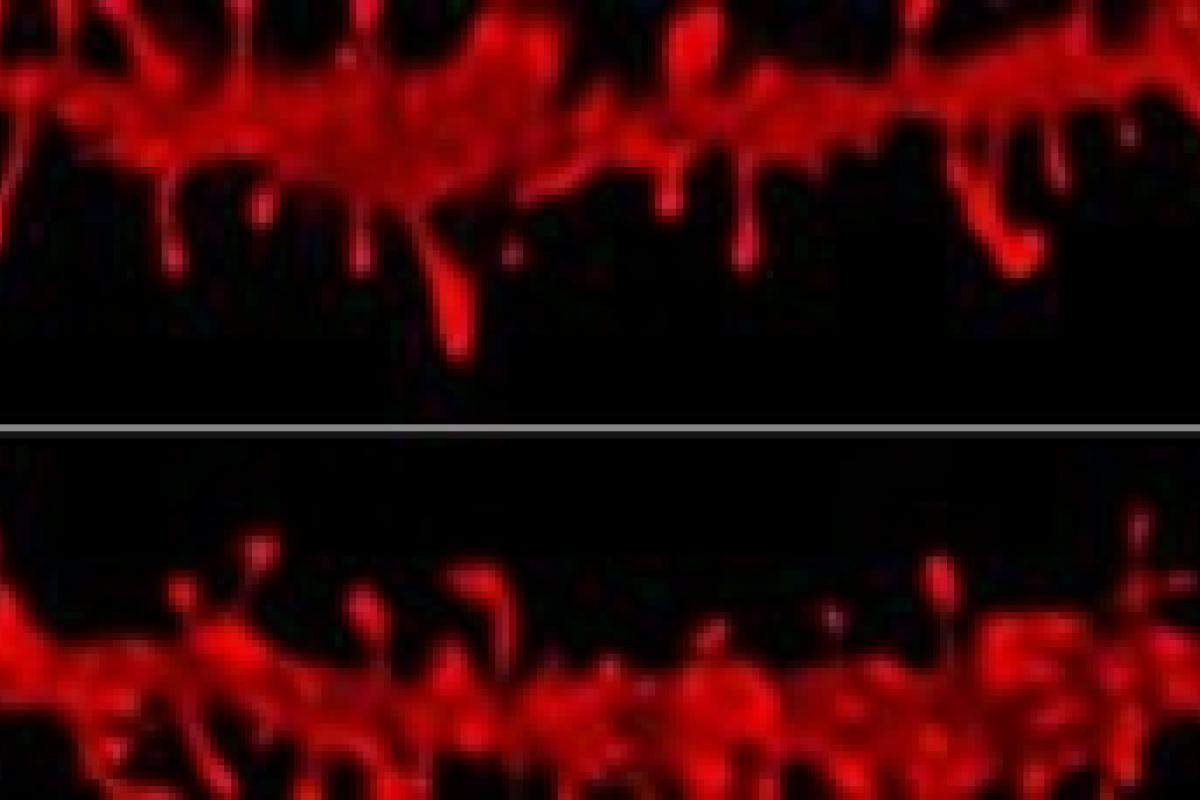Alzheimer's Drug May Reverse Cognitive Changes in Young Binge-Drinkers
DIBS Faculty Network Member Scott Swartzwelder, PhD, led study
A drug used to slow cognitive decline in Alzheimer's disease could offer clues on how drugs might one day be able to reverse brain changes that affect learning and memory in teens and young adults who binge drink.
In a study led by Duke Health and published in the journal Alcoholism: Clinical and Experimental Research, scientists demonstrate in rats that a short duration of the drug donepezil can reverse both structural and genetic damage that bouts of alcohol use causes in neurons, or nerve cells, in the young brain.
There is limited research on the extent to which alcohol effects the developing brain in teens and adolescents, but it's evident that drinking during adolescence causes changes in the brain. Much of the research has looked specifically at the hippocampus, which is linked to learning and memory. Whether those changes are permanent is unknown.
Dr. Scott Swartzwelder, DIBS Faculty Network Member in the Center for Addiction and Behavior Change and Duke Professor of Psychiatry, led the study as part of the Neurobiology of Adolescent Drinking in Adulthood (NADIA), funded by the National Institute of Alcoholism and Alcohol Abuse. More information about the study may be found here.
